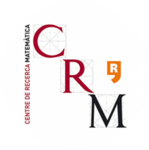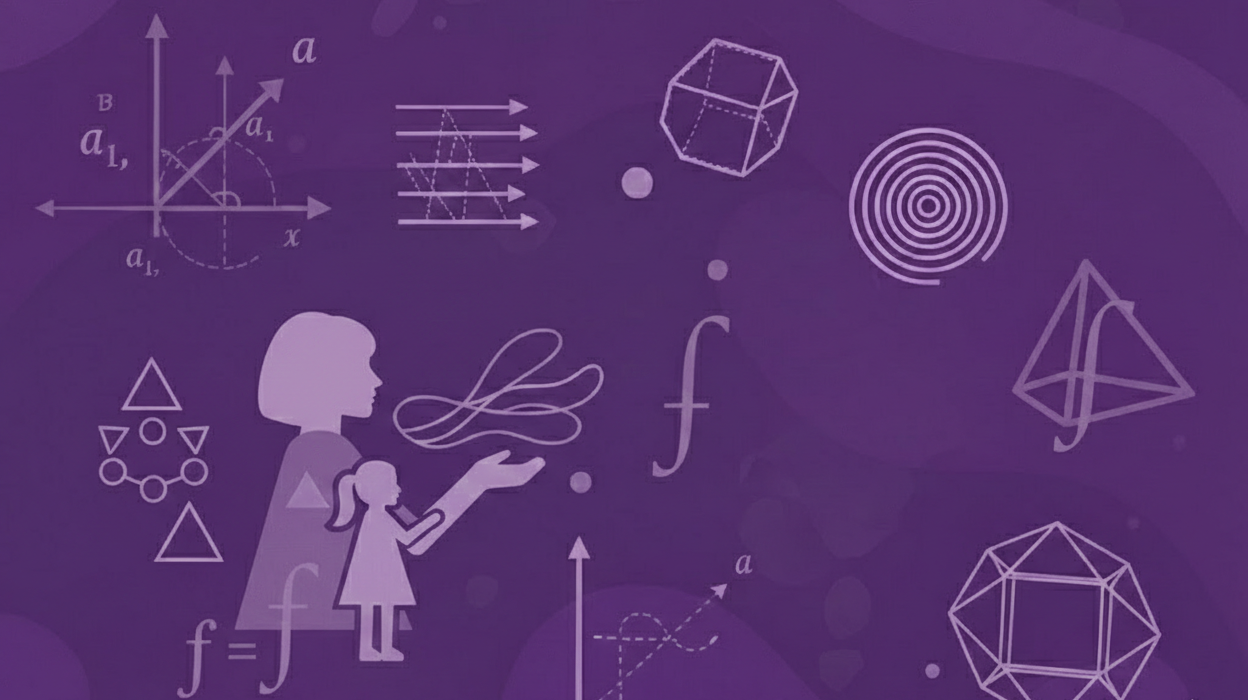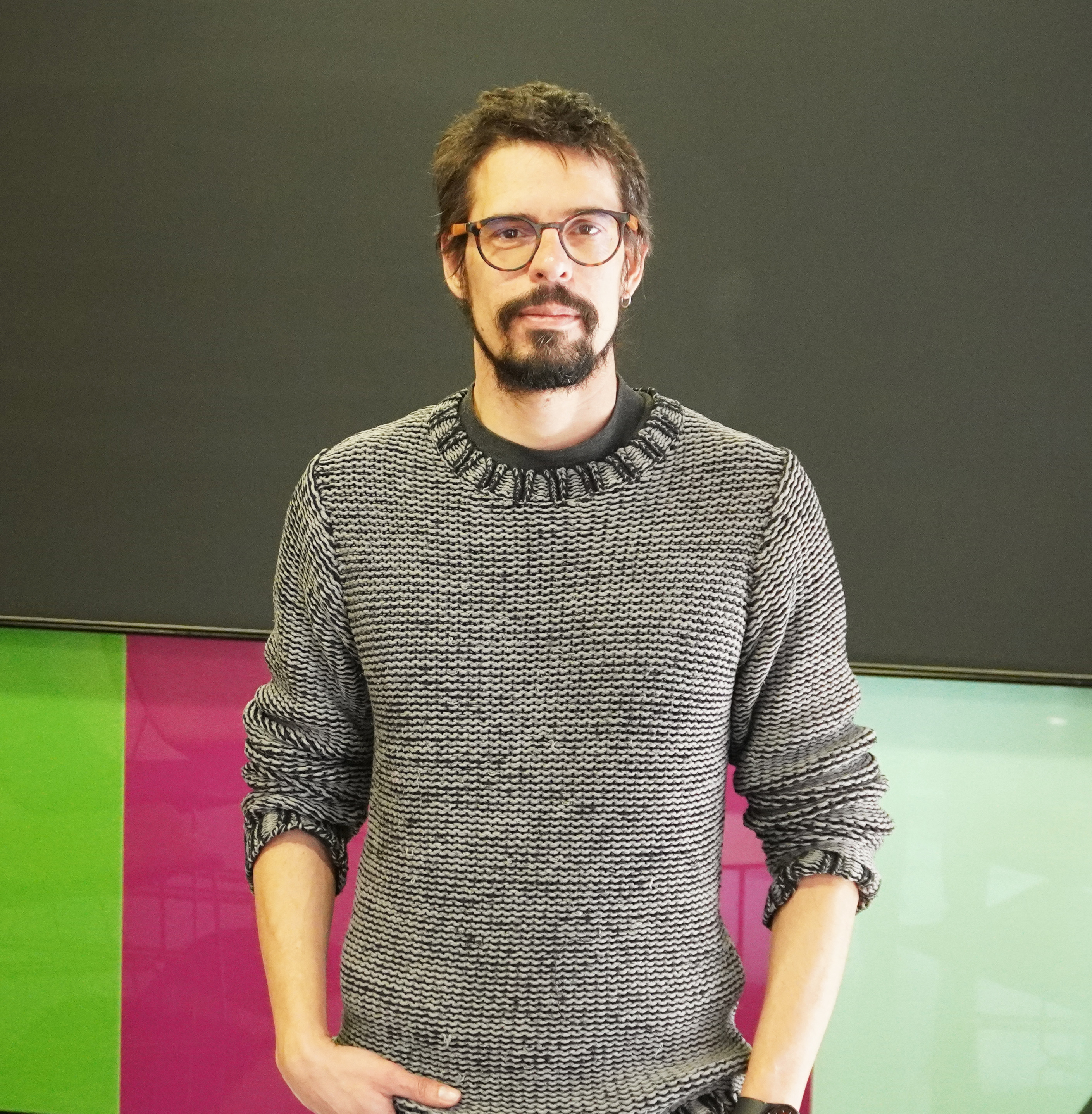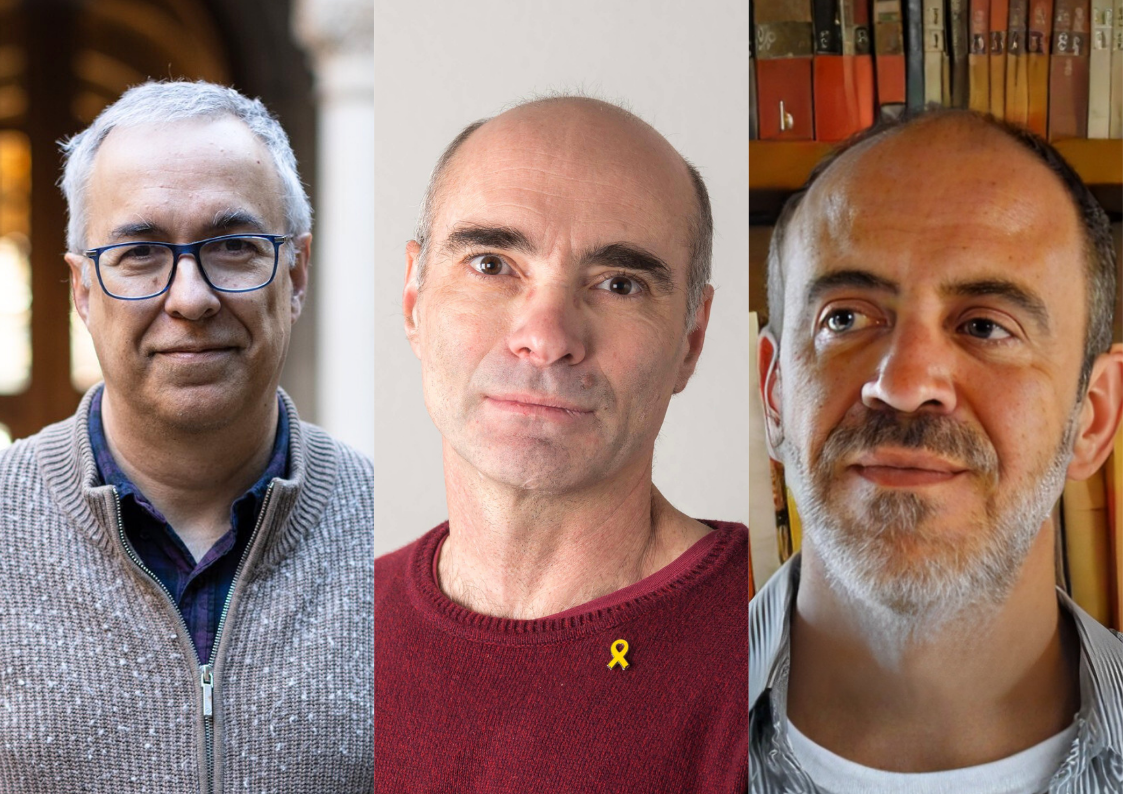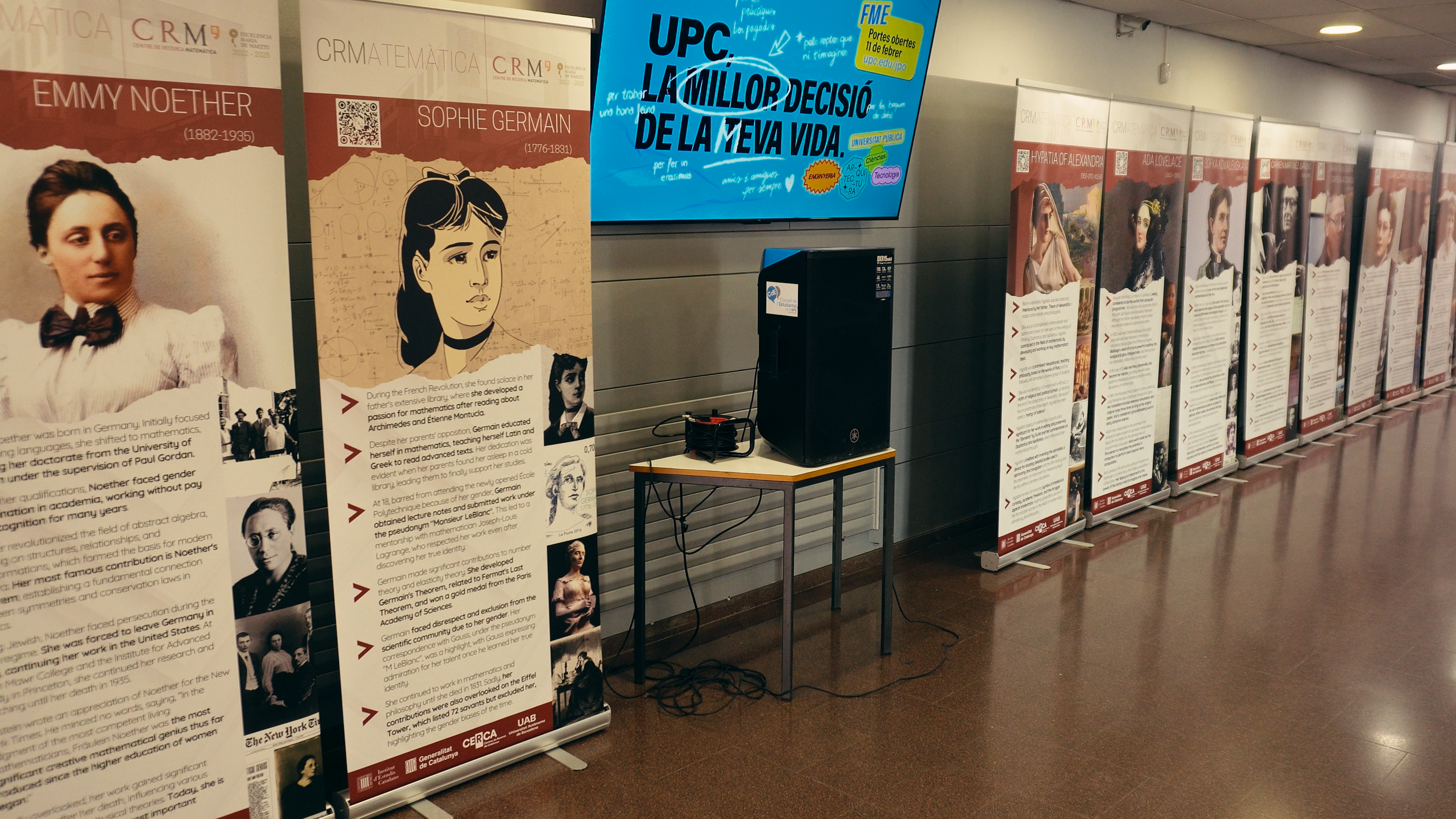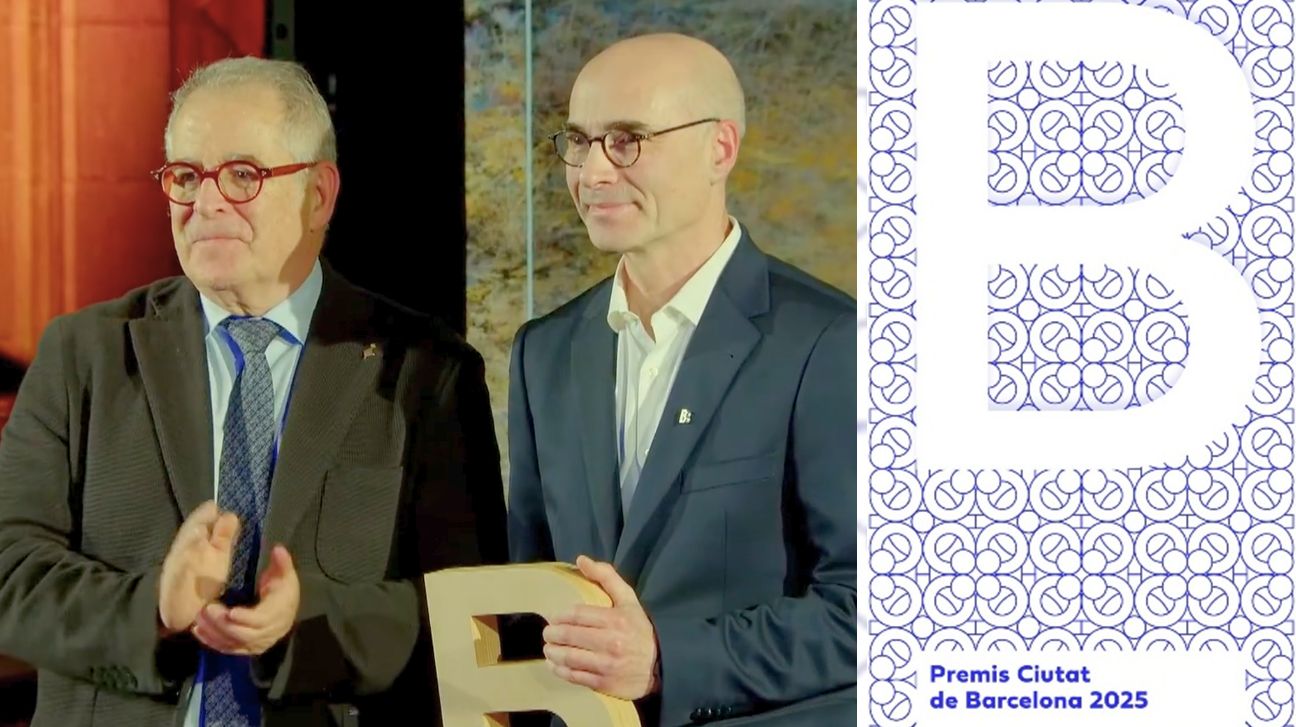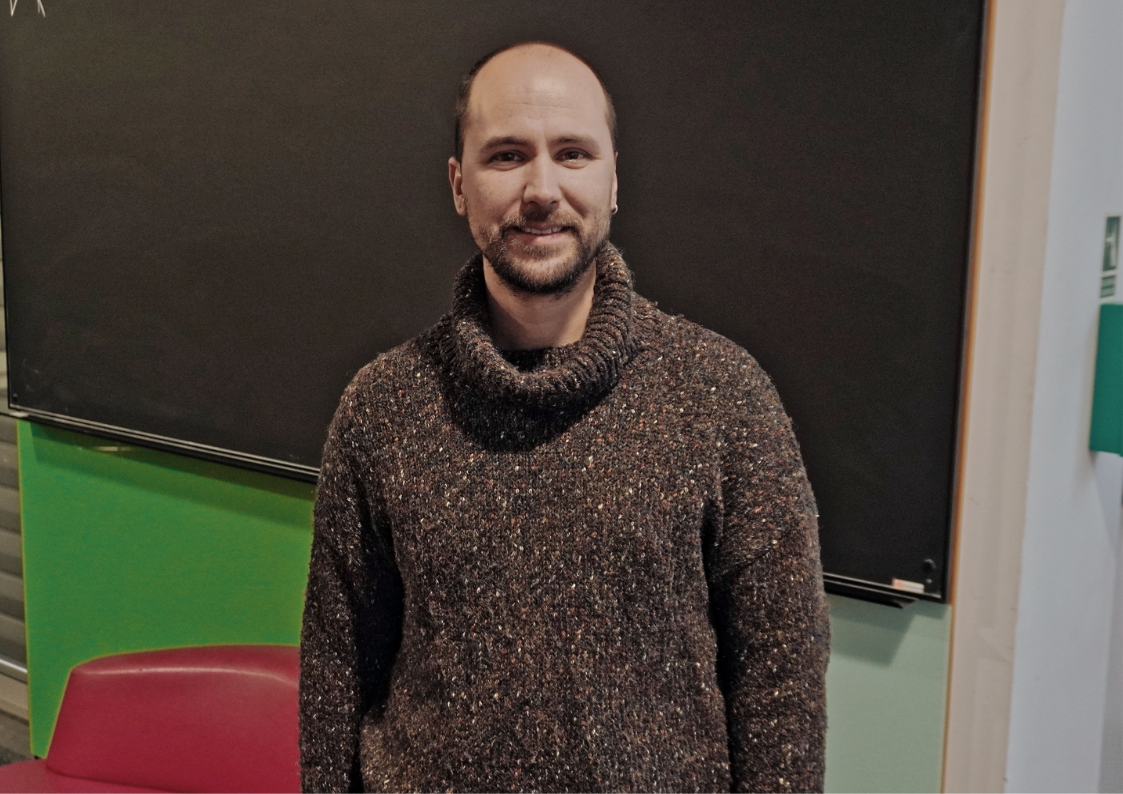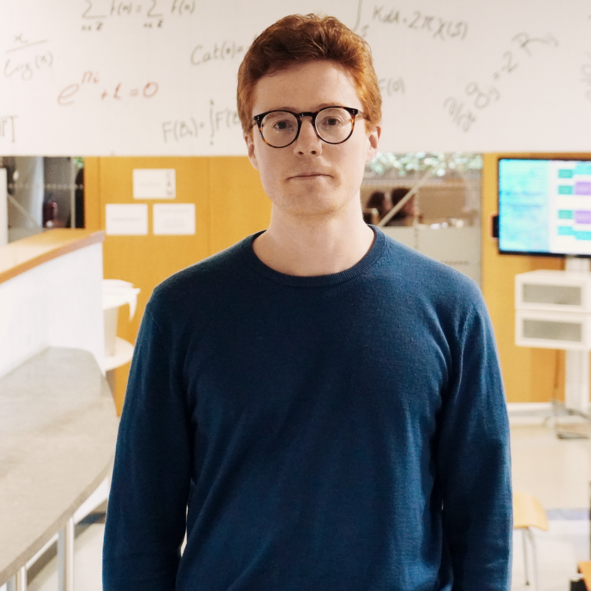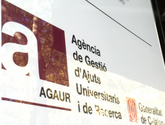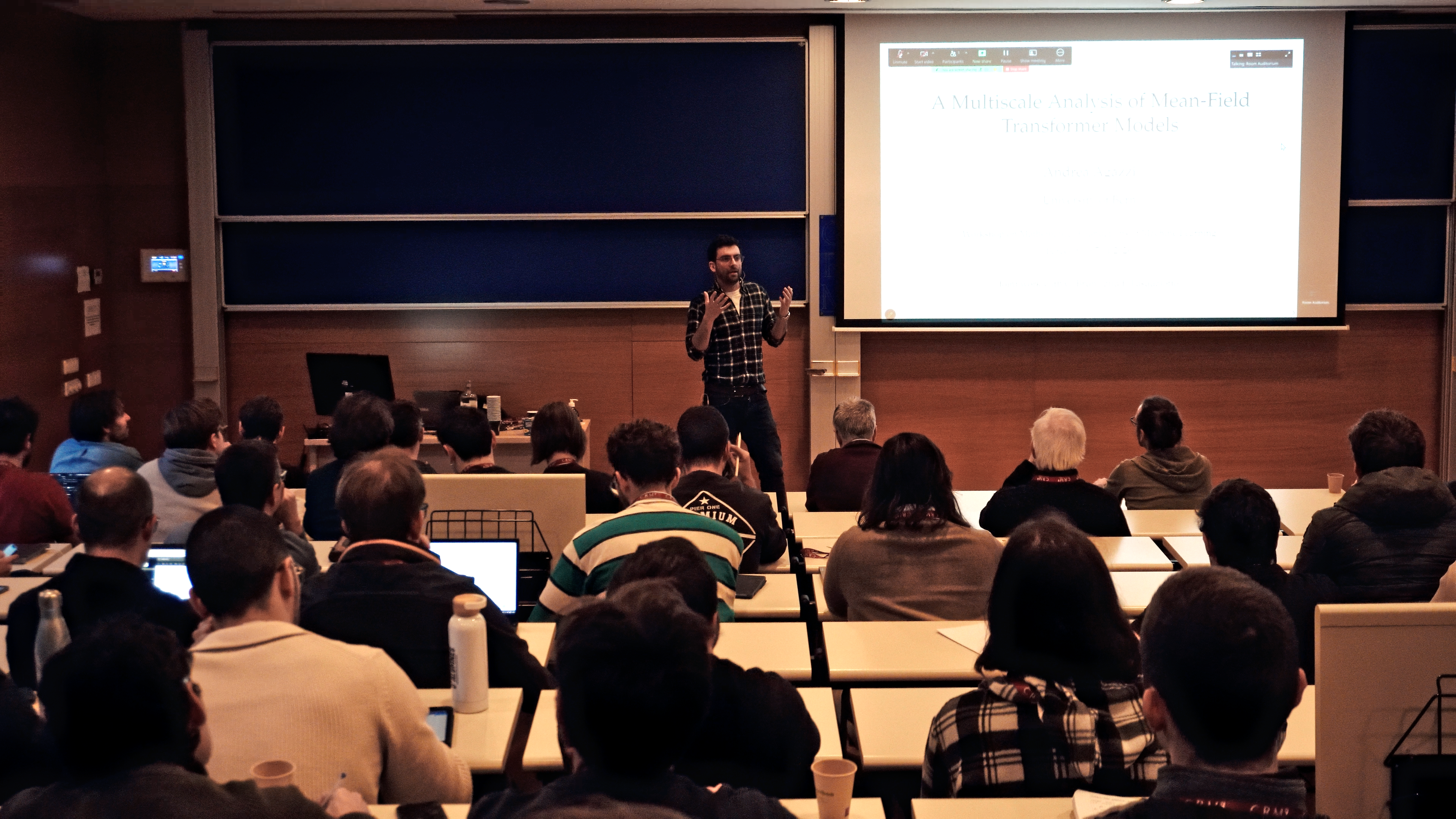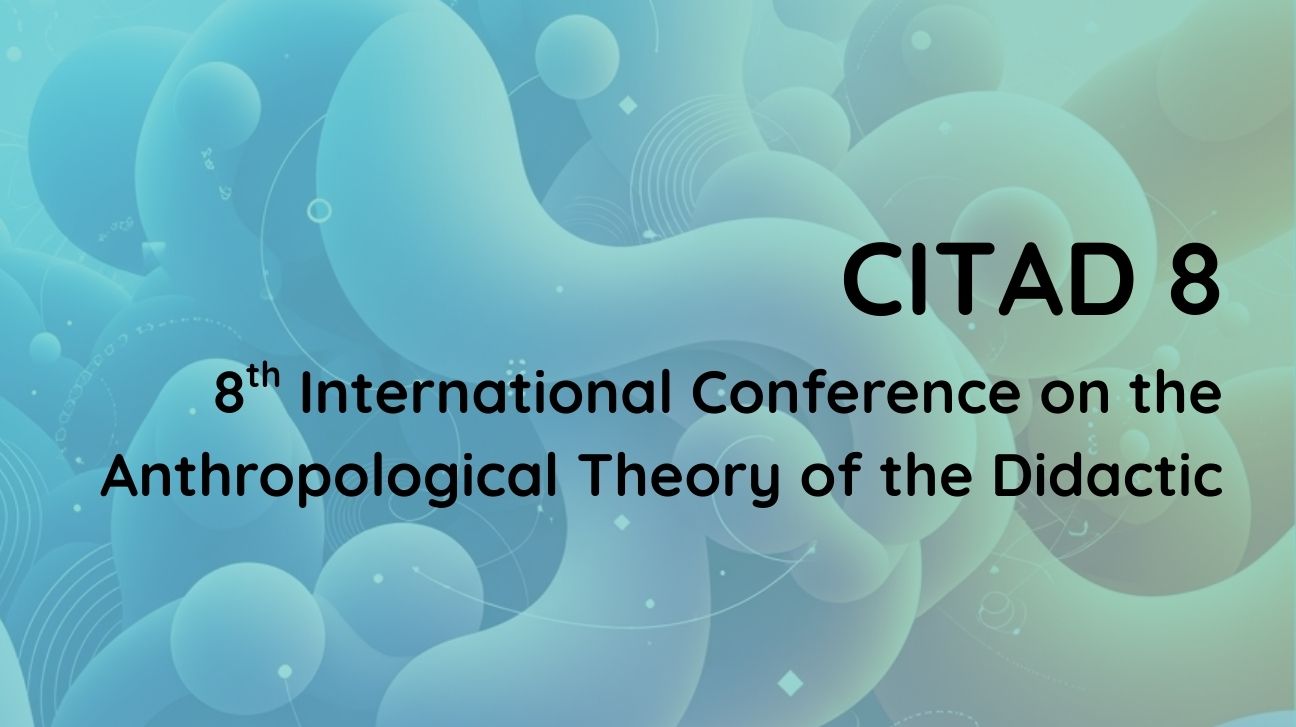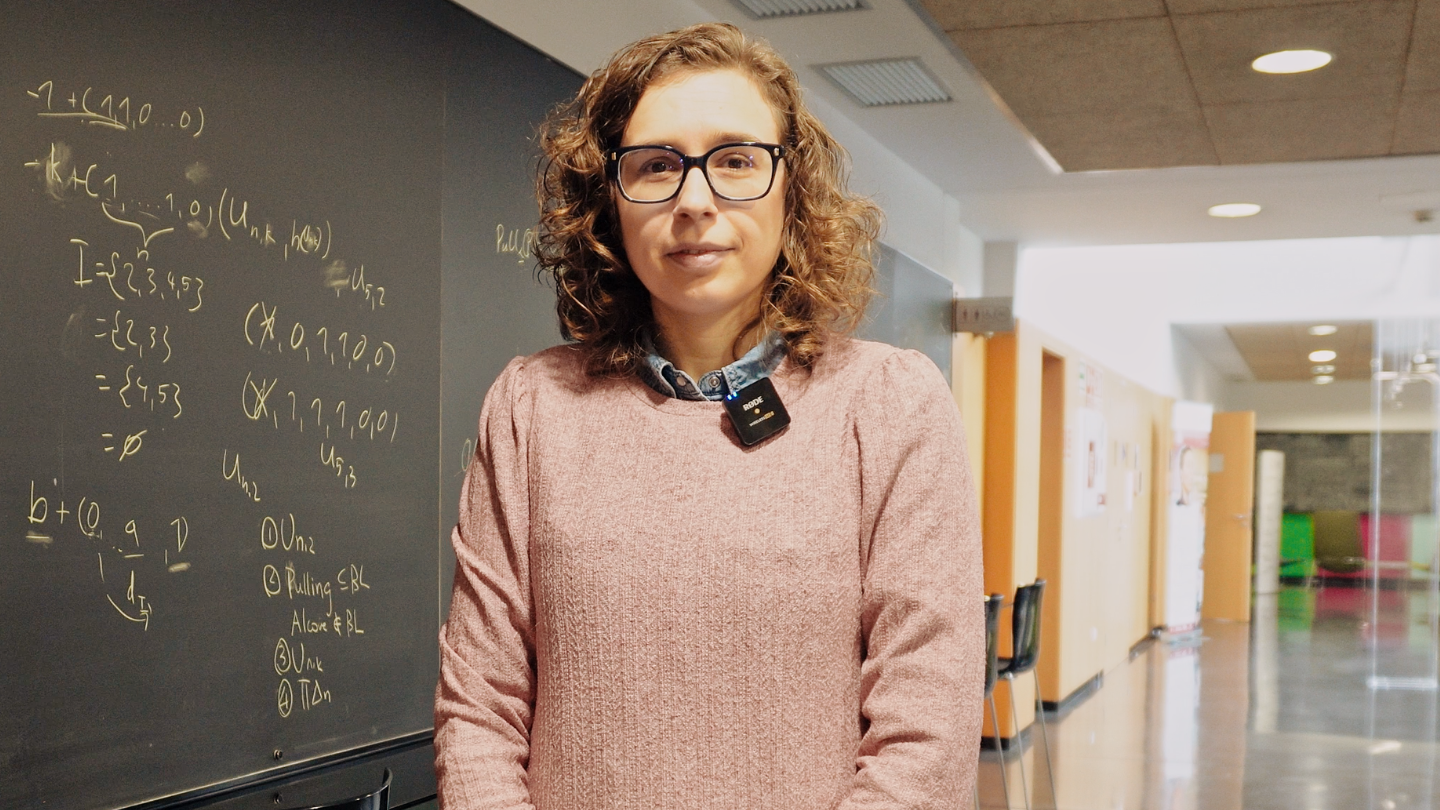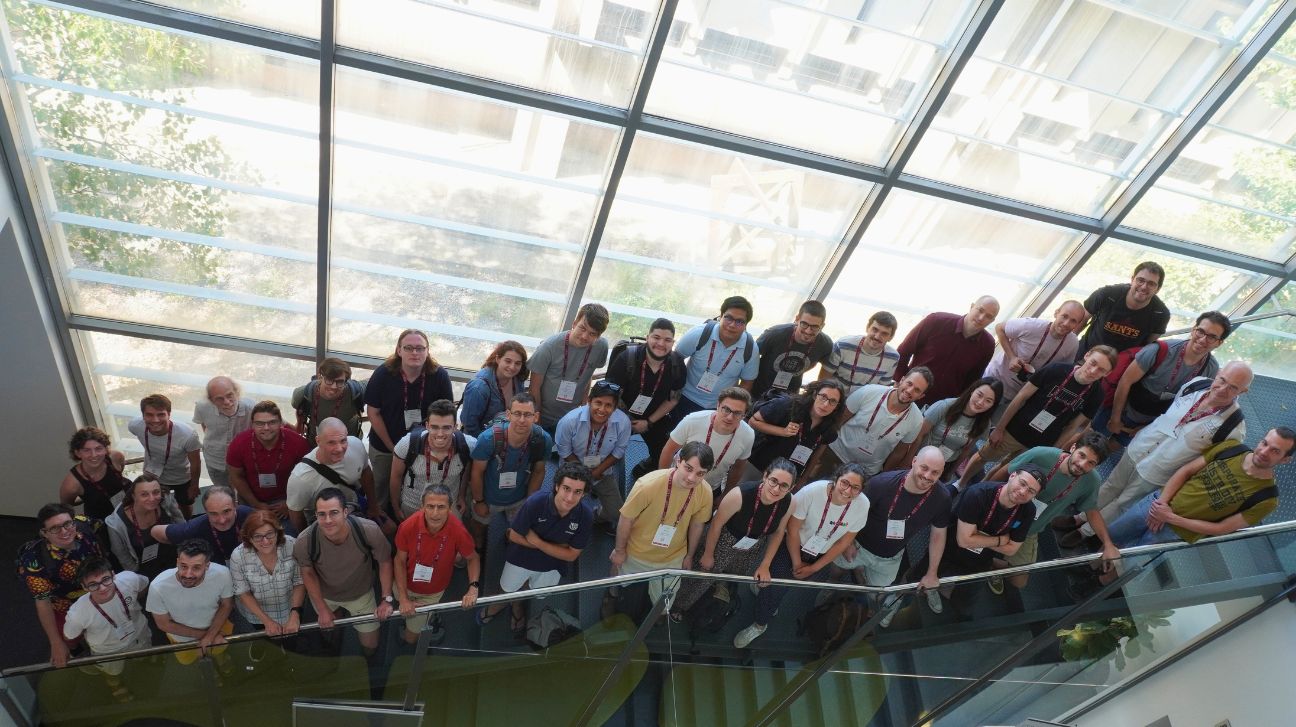
JISD 2025, held at the Centre de Recerca Matemàtica (CRM) from June 30 to July 4, 2025, featured four advanced minicourses delivered by Dmitry Dolgopyat (on averaging and Fermi acceleration in dynamical systems), Serena Dipierro (on the theory of nonlocal minimal surfaces and their connections to phase transitions), Luciano Mari (on Bochner-type techniques in Riemannian geometry and rigidity phenomena), and Sylvain Crovisier (on dynamical decompositions of surface diffeomorphisms). The program also included a lively poster session covering a wide range of topics highlighting the diversity and depth of current research in Dynamical Systems and PDEs.
The 2025 edition of the School on Interactions between Dynamical Systems and Partial Differential Equations (JISD) once again brought together a vibrant community of mathematicians at the Centre de Recerca Matemàtica (CRM). Since its inception in 2002, JISD has grown into a premier international summer school, and this year’s edition reaffirmed its role as a catalyst for collaboration and innovation in the fields of Dynamical Systems and Partial Differential Equations (PDEs).
With a strong cohort of early-career researchers and a diverse international presence, JISD 2025 offered a dynamic environment for learning, networking, and discovery. The school featured four advanced minicourses, a poster session showcasing cutting-edge research, and countless informal discussions that sparked new ideas and potential collaborations.
The heart of JISD 2025 lay in its four intensive minicourses, each led by a distinguished expert:
- Dmitry Dolgopyat(University of Maryland) explored Averaging and Fermi Acceleration, revisiting classical tools in dynamics and presenting new insights into energy evolution for a particle with the environment.
- Serena Dipierro(University of Western Australia) introduced the theory of Nonlocal Minimal Surfaces, focusing on interior regularity, boundary behavior, and connections to phase transitions.
- Luciano Mari(Università degli Studi di Milano Statale) presented Bochner-type techniques in Riemannian Geometry, highlighting how the stability/finite index of a Schrodinger operator naturally appearing in the problem forces the rigidity phenomenon.
- Sylvain Crovisier(Université Paris-Saclay) delivered a captivating course on Dynamical Decompositions of Surface Diffeomorphisms, examining infinite decompositions and their properties.
The poster session was a highlight of the week, offering a platform for young researchers to present their work and engage with peers and senior mathematicians. The diversity of topics reflected the richness of the field:
- Stefano Baranzini(University of Turin) explored Periodic Points for Singular Systems, analyzing the N-centre problem, one-dimensional atom model, and integrable deformations of the Kepler problem.
- Lorenzo Baroni(Universit`a degli Studi Roma Tre) discussed Linear Flows on the Infinite Torus, showing that classical characterizations hold to infinite dimensions when the frequency set generates a free abelian group. He also described orbits whose closures are locally homeomorphic to a product of an interval and a Cantor set.
- Huub de Jong(University of British Columbia) examined Least Period Sets of Finitely Presented Systems, linking periodicity in dynamical systems to zeta functions and symbolic dynamics.
- Sallah Eddine Boutiah(Laval University & Setif-1 University) presented work on Keller-Segel Type Particle Systems, focusing on stochastic differential equations with critical interactions.
- Davide Giovagnoli(University of Bologna) addressed Free Boundary Regularity in the Inhomogeneous Stefan Problem, extending classical results to more general settings with heat sources.
- Marc Homs-Dones(University of Warwick) explored the Minimal Bifurcation Diagram of Torus Flows, identifying the simplest bifurcation n diagram of such family would contain a certain list of bifurcation points and curves.
- Alberto Maione(CRM) introduced a novel compactness result for Nonlocal Linear Operators in Fractional Divergence Form. the symmetric case, he established an equivalence between nonlocal H-convergence and Γ-convergence, leading to a fully variational proof of H-compactness.
- Edhin Mamani(Federal University of Minas Gerais) presented a deep investigation into Lagrangian Foliations Invariant by the Geodesic Flow of Manifolds Without Conjugate Points. Their work generalizes classical results from negatively curved manifolds to more general settings, showing that under certain conditions, horospherical foliations are the unique Lagrangian invariant continuous foliations of the unit tangent bundle.
- Juhee Sohn(Korea National University of Transportation) studied an elliptic system arising from the Maxwell-Chern-Simons model, involving two distinct parameters.
JISD 2025 reaffirmed the enduring value of bringing together diverse mathematical perspectives within a collaborative and intellectually rigorous environment. The depth of the lectures and the originality of the poster contributions not only reflect the vitality of the field but also its dynamic evolution. Beyond the results presented, the school fostered a cohesive network of researchers united by a shared mathematical language and a commitment to analytical precision. As this edition concludes, it leaves behind a strengthened community, new research directions in motion, and the clear conviction that the dialogue between Dynamical Systems and PDEs will remain a fertile ground for mathematical discovery in the years to come.
|
|
CRM CommNatalia Vallina
|
Trivial matemàtiques 11F-2026
Rescuing Data from the Pandemic: A Method to Correct Healthcare Shocks
When COVID-19 lockdowns disrupted healthcare in 2020, insurance companies discarded their data; claims had dropped 15%, and patterns made no sense. A new paper in Insurance: Mathematics and Economics shows how to rescue that information by...
El CRM Faculty Colloquium inaugural reuneix tres ponents de l’ICM 2026
Xavier Cabré, Joaquim Ortega-Cerdà i Xavier Tolsa, tots tres convidats a parlar al Congrés Internacional de Matemàtics del 2026, protagonitzaran la primera edició del nou col·loqui trimestral del Centre el 19 de febrer.El Centre de Recerca...
L’exposició “Figures Visibles” s’inaugura a la FME-UPC
L'exposició "Figures Visibles", produïda pel CRM, s'ha inaugurat avui al vestíbul de la Facultat de Matemàtiques i Estadística (FME) de la UPC coincidint amb el Dia Internacional de la Nena i la Dona en la Ciència. La mostra recull la trajectòria...
Xavier Tolsa rep el Premi Ciutat de Barcelona per un resultat clau en matemàtica fonamental
L’investigador Xavier Tolsa (ICREA–UAB–CRM) ha estat guardonat amb el Premi Ciutat de Barcelona 2025 en la categoria de Ciències Fonamentals i Matemàtiques, un reconeixement que atorga l’Ajuntament de Barcelona i que enguany arriba a la seva 76a edició. L’acte de...
Axel Masó Returns to CRM as a Postdoctoral Researcher
Axel Masó returns to CRM as a postdoctoral researcher after a two-year stint at the Knowledge Transfer Unit. He joins the Mathematical Biology research group and KTU to work on the Neuromunt project, an interdisciplinary initiative that studies...
The 4th Barcelona Weekend on Operator Algebras: Open Problems, New Results, and Community
The 4th Barcelona Weekend on Operator Algebras, held at the CRM on January 30–31, 2026, brought together experts to discuss recent advances and open problems in the field.The event strengthened the exchange of ideas within the community and reinforced the CRM’s role...
From Phase Separation to Chromosome Architecture: Ander Movilla Joins CRM as Beatriu de Pinós Fellow
Ander Movilla has joined CRM as a Beatriu de Pinós postdoctoral fellow. Working with Tomás Alarcón, Movilla will develop mathematical models that capture not just the static architecture of DNA but its dynamic behaviour; how chromosome contacts shift as chemical marks...
Criteris de priorització de les sol·licituds dels ajuts Joan Oró per a la contractació de personal investigador predoctoral en formació (FI) 2026
A continuació podeu consultar la publicació dels criteris de priorització de les sol·licituds dels ajuts Joan Oró per a la contractació de personal investigador predoctoral en formació (FI 2026), dirigits a les universitats públiques i privades del...
Mathematics and Machine Learning: Barcelona Workshop Brings Disciplines Together
Over 100 researchers gathered at the Centre de Recerca Matemàtica to explore the mathematical foundations needed to understand modern artificial intelligence. The three-day workshop brought together mathematicians working on PDEs, probability, dynamical systems, and...
Barcelona + didactics + CRM = CITAD 8
From 19 to 23 January 2026, the CRM hosted the 8th International Conference on the Anthropological Theory of the Didactic (CITAD 8), a leading international event in the field of didactics research that brought together researchers from different countries in...
Seeing Through Walls: María Ángeles García Ferrero at CRM
From October to November 2025, María Ángeles García Ferrero held the CRM Chair of Excellence, collaborating with Joaquim Ortega-Cerdà on concentration inequalities and teaching a BGSMath course on the topic. Her main research focuses on the Calderón problem,...



























